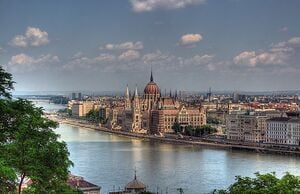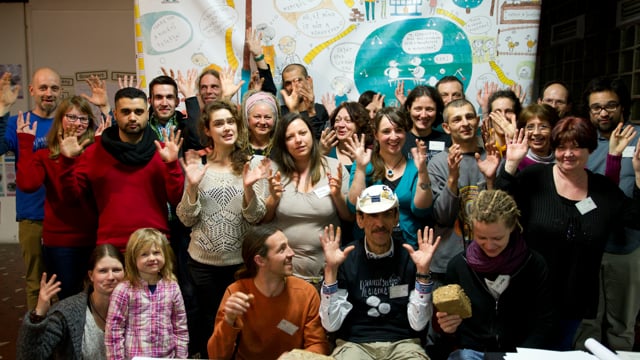
The aim of this page is to recognise, celebrate and encourage the self-empowerment of community agency networks (CANs) and community groups' activism for climate, environment and many other sustainability topics across Hungary.
- Cutting energy consumption in Budapest, Jan 16, 2020...foeeurope.org
Cycling activism[edit | edit source]
Open spaces[edit | edit source]
Hungary has 10 national parks, 145 minor nature reserves, and 35 landscape protection areas. W
Trees, woodland and forest[edit | edit source]
Phytogeographically, Hungary belongs to the Central European province of the Circumboreal Region within the Boreal Kingdom. According to the WWF, the territory of Hungary belongs to the terrestrial ecoregion of Pannonian mixed forests. It had a 2019 Forest Landscape Integrity Index mean score of 2.25/10, ranking it 156th globally out of 172 countries. W
Resources[edit | edit source]
About Hungary[edit | edit source]
Hungary is a landlocked country in Central Europe. Spanning 93,030 square kilometres (35,920 sq mi) of the Carpathian Basin, it is bordered by Slovakia to the north, Ukraine to the northeast, Romania to the east and southeast, Serbia to the south, Croatia and Slovenia to the southwest, and Austria to the west. Hungary has a population of 9.5 million, mostly ethnic Hungarians and a significant Romani minority. Hungarian, a language belonging to the Ugric branch of the Uralic language family, is the official language, and Budapest is the country's capital and largest city.



